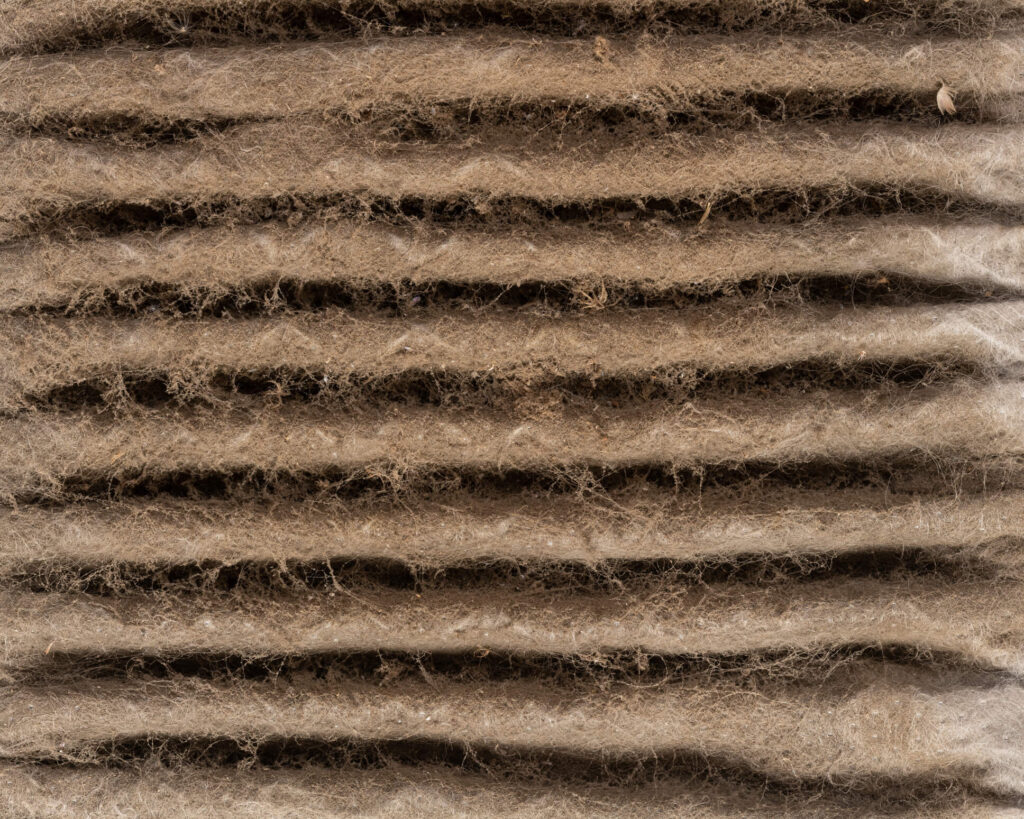Air filters capture particulate matter (PM), including dust, dirt, pollen, and other airborne particles. When these particles accumulate in the filter, they can reduce the airflow through the HVAC system, reducing its efficiency and increasing energy consumption. Regularly changing the air filter can help prevent this buildup and improve the HVAC system’s performance.
However, air filters have limitations when it comes to improving IAQ. They are ineffective at capturing volatile organic compounds (VOCs), gases emitted from household products, building materials, and other sources. VOCs can cause various health problems, including headaches, dizziness, and respiratory issues. In addition, air filters are ineffective at removing biological contaminants such as mold spores, bacteria, and viruses. These contaminants can cause allergies, respiratory infections, and other health problems.
In some cases, air filters can even contribute to IAQ problems. For example, suppose the filter is not the right size or type for your HVAC system. In that case, it may not effectively capture PM or could create an airflow restriction that can cause the system to work harder than necessary. Additionally, suppose the filter is not changed frequently enough. In that case, it can become clogged, allowing pollutants to bypass the filter and circulate through the indoor air.
For truly healthy indoor air, you need more than a filter. Your HVAC technician can advise you on the best IAQ products for your home.

